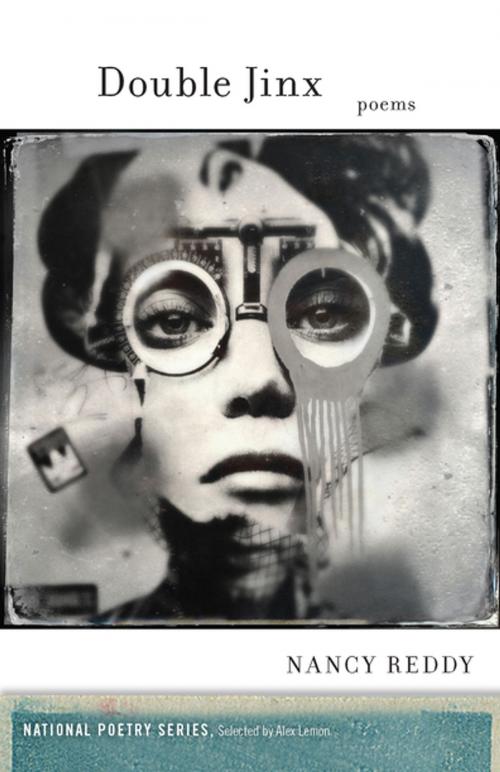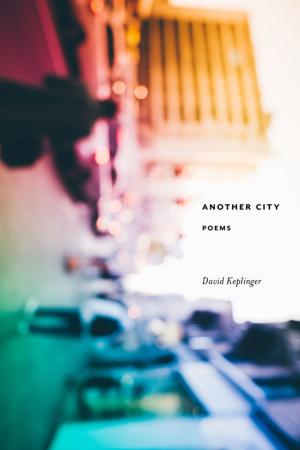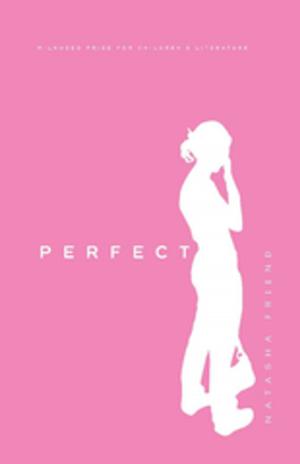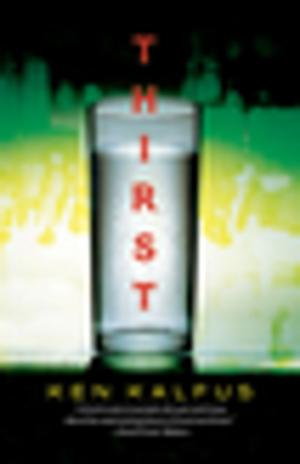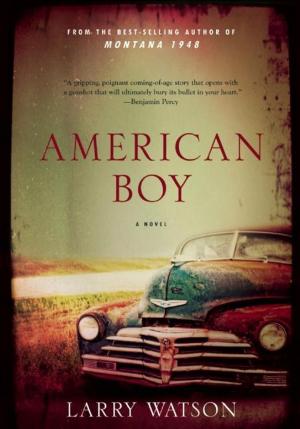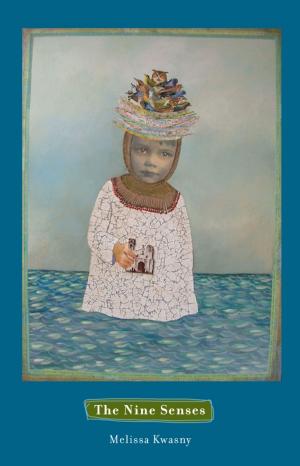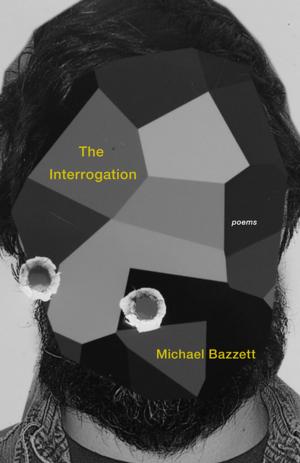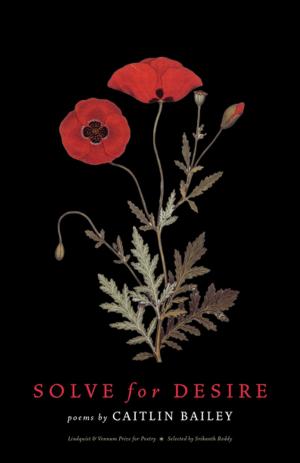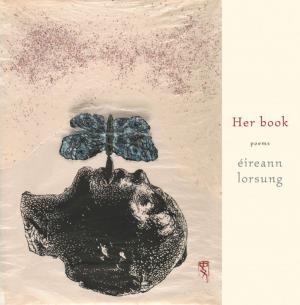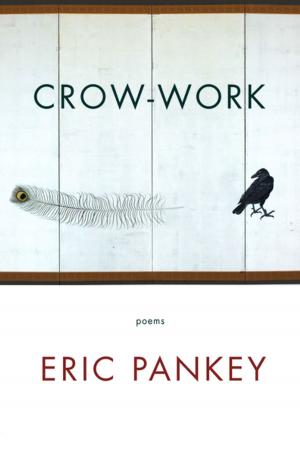| Author: | Nancy Reddy | ISBN: | 9781571319388 |
| Publisher: | Milkweed Editions | Publication: | September 15, 2015 |
| Imprint: | Milkweed Editions | Language: | English |
| Author: | Nancy Reddy |
| ISBN: | 9781571319388 |
| Publisher: | Milkweed Editions |
| Publication: | September 15, 2015 |
| Imprint: | Milkweed Editions |
| Language: | English |
Double Jinx follows the multiple transformations - both figurative and literal - that accompany adolescence and adulthood, particularly for young women. Drawing inspiration from sources as varied as Ovid’s Metamorphoses, the rewritten fairy tales in Anne Sexton’s Transformations, and the wild and shifting dreamscapes of Brigit Pegeen Kelly’s work, these poems track speakers attempting to construct identity.
A series of poems depict the character of Nancy Drew as she delves into an obsession with a doppelgänger. Cinderella wakes up to a pumpkin and a tattered dress after her prince grows tired of her. A young girl obsessed with fairy tales becomes fascinated with a copy of Grey’s Anatomy in which she finds a pink girl pinned to the page as if in vivisection. Could she / be pink inside like that? No decent girl / would go around the world like that, uncooked.”
The collection culminates in an understanding of the ways we construct our selves, whether it be by way of imitation, performance, and/or transformation. And it looks forward as well, for in coming to understand our identities as essentially malleable, we are liberated. Or as the author writes, we’ll be our own gods now.”
A series of poems depict the character of Nancy Drew as she delves into an obsession with a doppelgänger. Cinderella wakes up to a pumpkin and a tattered dress after her prince grows tired of her. A young girl obsessed with fairy tales becomes fascinated with a copy of Grey’s Anatomy in which she finds a pink girl pinned to the page as if in vivisection. Could she / be pink inside like that? No decent girl / would go around the world like that, uncooked.”
The collection culminates in an understanding of the ways we construct our selves, whether it be by way of imitation, performance, and/or transformation. And it looks forward as well, for in coming to understand our identities as essentially malleable, we are liberated. Or as the author writes, we’ll be our own gods now.”
Double Jinx follows the multiple transformations - both figurative and literal - that accompany adolescence and adulthood, particularly for young women. Drawing inspiration from sources as varied as Ovid’s Metamorphoses, the rewritten fairy tales in Anne Sexton’s Transformations, and the wild and shifting dreamscapes of Brigit Pegeen Kelly’s work, these poems track speakers attempting to construct identity.
A series of poems depict the character of Nancy Drew as she delves into an obsession with a doppelgänger. Cinderella wakes up to a pumpkin and a tattered dress after her prince grows tired of her. A young girl obsessed with fairy tales becomes fascinated with a copy of Grey’s Anatomy in which she finds a pink girl pinned to the page as if in vivisection. Could she / be pink inside like that? No decent girl / would go around the world like that, uncooked.”
The collection culminates in an understanding of the ways we construct our selves, whether it be by way of imitation, performance, and/or transformation. And it looks forward as well, for in coming to understand our identities as essentially malleable, we are liberated. Or as the author writes, we’ll be our own gods now.”
A series of poems depict the character of Nancy Drew as she delves into an obsession with a doppelgänger. Cinderella wakes up to a pumpkin and a tattered dress after her prince grows tired of her. A young girl obsessed with fairy tales becomes fascinated with a copy of Grey’s Anatomy in which she finds a pink girl pinned to the page as if in vivisection. Could she / be pink inside like that? No decent girl / would go around the world like that, uncooked.”
The collection culminates in an understanding of the ways we construct our selves, whether it be by way of imitation, performance, and/or transformation. And it looks forward as well, for in coming to understand our identities as essentially malleable, we are liberated. Or as the author writes, we’ll be our own gods now.”
